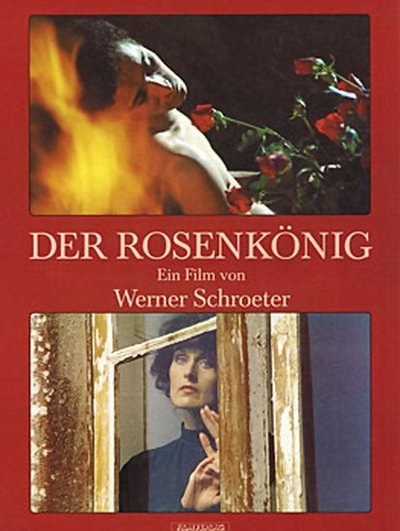
In his earliest work, German director Werner Schroeter was inspired by opera, and made several short 8mm films about the prima donna Maria Callas. This film focuses on Maria Malibran, a legendary Spanish-French opera singer who died in 1836 at the age of 28. She forms the starting point for a series of stylised tableaux introducing variations on different levels, including in the form of musical phrases. The spectator is thrown into fragments of stories that take place in a non-existent country, in which the characters do not have any clear identity and are mutually interchangeable. The film, a reflection on the 19th century cult for geniuses and divas, was regarded by Schroeter, who died last year, as his most important work. It focuses on acting, including that of Magdalena Montezuma (regular Schroeter actress), Candy Darling (from the Warhol stable) and Ingrid Caven.
Werner Schroeter mixes Stravinsky, Beethoven, Brahms, Maria Callas and Janis Joplin in this delirious biography of the doomed nineteenth-century mezzo-soprano.Read More »







